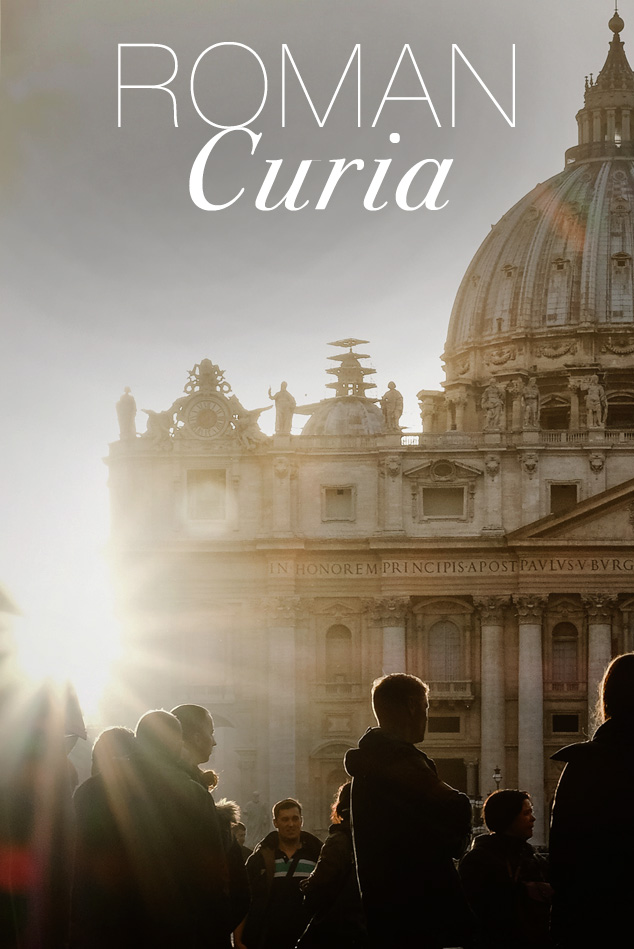In accordance with Pope Francis' Apostolic Constitution Praedicate evangelium (PE), the three tribunals of the Apostolic Penitentiary, the Apostolic Signatura and the Roman Rota now comprise the Bodies of Justice. There mission is that “proper to the Church: to announce and inaugurate the Kingdom of God and to work, through the order of justice applied with canonical equity, for the salvation of souls, which in the Church is always the supreme law.” (PE art. 189)
Regent: Bishop Krzysztof Jozef Nykiel
The competence of this Tribunal is concerned with those matters which pertain to the internal forum, for both the sacramental and non-sacramental internal forum. It is competent in matters pertaining to the granting and use of indulgences.
Secretary: Bishop Andrea Ripa
This department, in addition to the function which it exercises as Supreme Tribunal, consults so that justice may be correctly administered in the Church. With many functions, the Apostolic Signatura judges the matters assigned to it in the Code of Canon Law; it extends the competence of tribunals; it extends the forum for strangers in Rome to cases of matrimonial nullity in extraordinary circumstances and for grave reasons; it supervises the proper administration of justice; it provides for the establishment of regional and interregional tribunals; it enjoys the rights assigned to it in concordats between the Holy See and the various nations. The Tribunal settles questions about the exercise of administrative ecclesiastical power which are referred to it. It also passes on conflicts of competence among the departments of the Holy See; it examines administrative matters referred to it by the Congregations of the Roman Curia as well as questions committed to it by the Holy Father.
This tribunal acts as a higher instance at the Apostolic See, usually in the grade of appeal, for safeguarding rights in the Church; it fosters the unity of jurisprudence and, through its own sentences, is a help to lower tribunals. It is also a court of first instance for cases specified in the law and for others committed to the Rota by the Roman Pontiff. The greater part of its decisions concern the nullity of marriage. In such cases its competence includes marriages between two Catholics, between a Catholic and non-Catholic, and between two non-Catholic parties whether one or both of the baptized parties belongs to a Latin or Oriental Rite. It also examines the fact of non-consummation in a marriage and the existence of a just cause for granting a dispensation. Causes for the nullity of priestly ordination are also within its exclusive competence.



